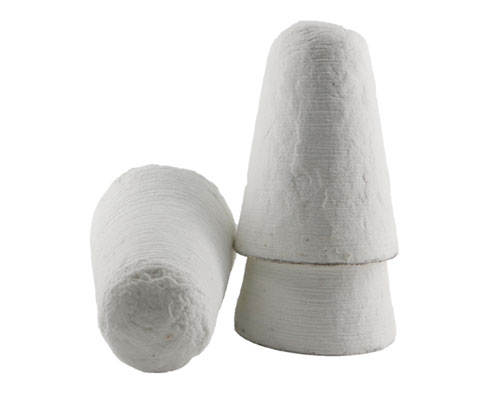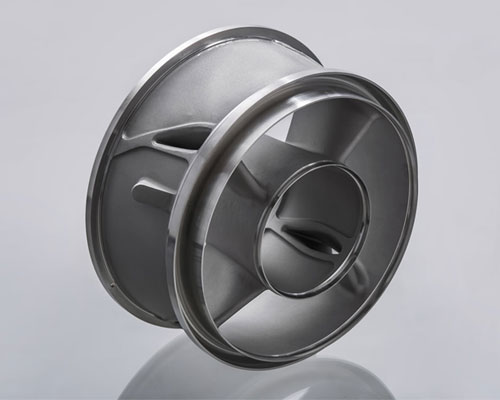Permanent mold casting is also called hard mold casting. The casting mold is made of metal materials, such as cast iron, carbon steel or low alloy steel. Under the action of gravity, the molten metal fills the metal mold cavity and is cooled to form a casting. Permanent casting can use either metal cores or sand cores instead of hard-to-extract metal cores. The metal mold can be used repeatedly. The casting has a compact structure, good mechanical properties, and good precision and surface quality.
Permanent Mold Casting
Permanent molds produce large numbers of dimensionally repeatable parts using molds machined from cast aluminum. In contrast, investment and sand-cast molds are destroyed during part removal. And during die casting, molten metal is injected into dies under extremely high pressures. Consequently, dies must be designed to withstand these pressures which drastically boosts cost compared to gravity-filled permanent molds.
Permanent-mold castings can be made with uniform nonporous microstructures, but these qualities are highly dependent on solidification rates and foundry tooling designs. Molds must be carefully designed with sprues, vents, and risers all working in tandem so the metal completely fills the mold under smooth controlled flow.
Design and placement of sprues and gates are critical to help ensure controlled laminar flow of the metal into the mold and adequate feed to all sections of the casting. Laminar flow also minimizes the amount of gas entering the melt. Inordinate amounts of dissolved gas in the melt produce voids in castings.
AdTech offers hot top casting parts, refractory fiber cone for Permanent Mold Casting. If you are interested in our products, please feel free to contact us.

The aluminum die-casting market is growing globally due to the increasing use of aluminum in the automotive, aerospace, construction, and power industries worldwide. Aluminum has several qualities that make it more suitable for use in automotive manufacturing than steel. Aluminum can be cast by all of the processes used in casting metals. These processes include die casting, permanent mold casting, sand casting, plaster casting, investment casting, and continuous casting.
During the aluminium casting process, aluminum castings are prone to defects such as internal looseness, shrinkage, and porosity. Therefore, the molten aluminum needs to keep clean by degassing unit and CFF filtration equipment.

